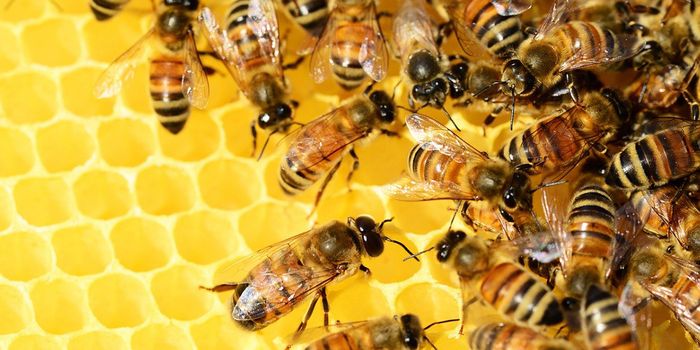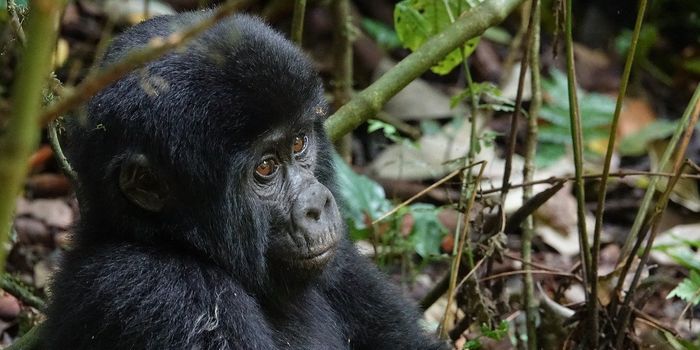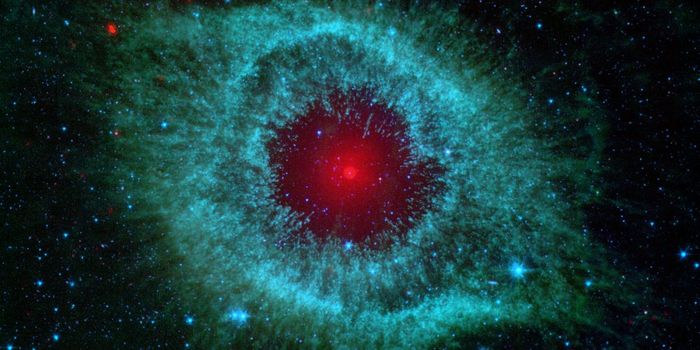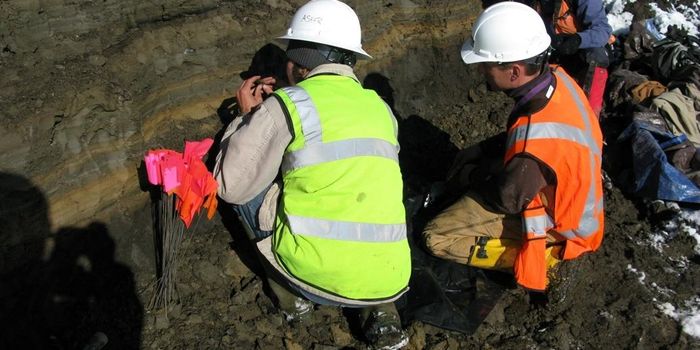Plants & Animals
Have You Ever Wondered Why Giant Pandas Can Survive on Just Bamboo?
JUL 10, 2015 8:47 AM PDT
Share
First time on video! Plankton eating plastic
Plankton are known to have a broad palate, including pretty much anything smaller than themselves. So, it may come as no surprise that they eat tiny particles of plastic, which are abundant in our oceans.
What may be surprising, is how this team of scientists was able to capture plankton in the act of eating plastic, using tiny fluorescent polystyrene beads between 7 and 30 micrometres in diameter.
On the one hand, it good news that Nature's creatures are helping to clean up the millions of tons of plastic matter in the oceans. But for the plankton, a diet of plastic is not beneficial.
In some cases, the creatures excrete the plastic within hours, but it can remain in their intestinal tracts for up to seven days and can hinder feeding by reducing the rate at which they can consume algae, which in turn can make it harder for them to survive and reproduce.
You May Also Like
Loading Comments...








